Individuals who have graduated from clinical science programs in psychology, such as those accredited by PCSAS, typically pursue careers that align with their specialized training and interests in clinical science. These professionals are trained to conduct rigorous research, apply the discovery of knowledge to evidence-based practices, and contribute to the understanding of mental health and behavior. Here are a few examples of clinical scientists making contributions to improving mental health:
We are Clinical Scientists!
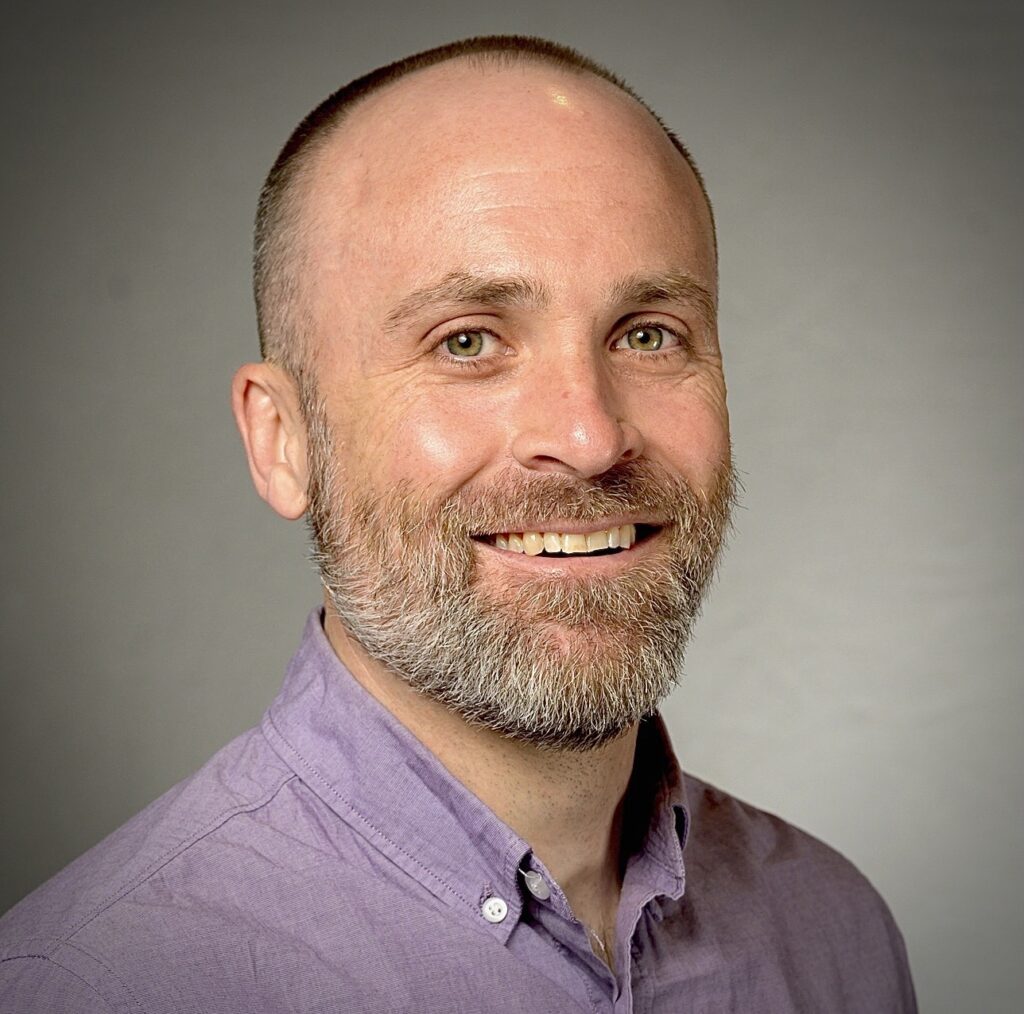
Read about Dr. Tim Campellone here
What is your current profession/position and how do you feel it relates to clinical science? I am currently the Vice President of Translational Science at Woebot Health, a digital mental health company whose mission is to make healthcare radically accessible. Clinical science is at the core of what I and my team do every day. The role of a translational scientist is to take our understanding of how to treat serious diseases–understanding the mechanisms–and translate that knowledge into guidance and requirements that a team of engineers and content writers can then build into an effective digital mental health treatment. Translation is also about discovering ways to advance clinical science by leveraging the digital modality to deliver treatment and assess behavior in new ways.
How did your clinical science training prepare you for your profession/position? My clinical science training taught me to focus on problems and mechanisms. Whether it be case formulation for conceptualizing treatment or elucidating causal/maintaining factors in research, the focus was always on deeply understanding the problem at hand. Developing digital mental health interventions in an industry setting is all about solving problems, and the ability to think critically about the nature of the problem to inform a data-driven and first principles approach is something that I directly attribute to my training.
For you, what does it mean to be a clinical scientist? Being a clinical scientist means marrying a passion for exploration and discovery guided by theory and data with a methodical approach and healthy sense of skepticism.
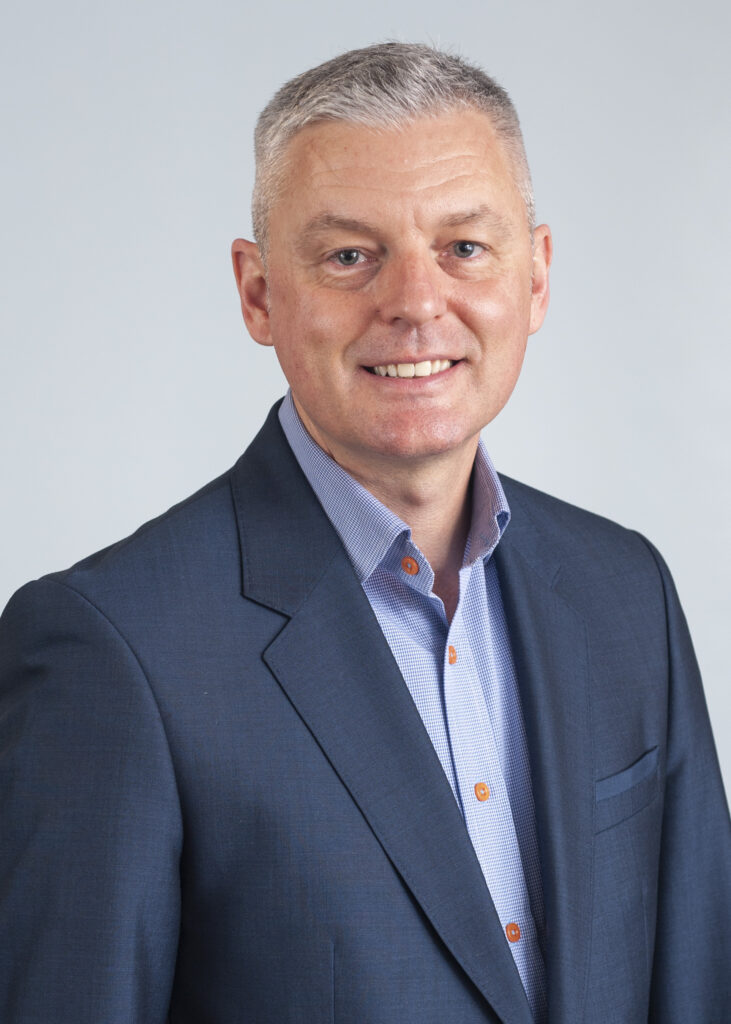
Read about Dr. David Eddie here
What is your current profession/position and how do you feel it relates to clinical science? I am a research scientist at Massachusetts General Hospital’s Recovery Research Institute and Center for Addiction Medicine, an attending clinical psychologist in Massachusetts General Hospital’s Department of Psychiatry, and an assistant professor at Harvard Medical School. My NIAAA and NIDA funded research seeks to better understand the psychological and psychophysiological causes and conditions that lead to people becoming addicted to alcohol and other drugs, and how these factors can also maintain addiction, using this knowledge to develop and study novel, technology-based treatments for substance use disorder.
How did your clinical science training prepare you for your profession/position? I was very fortunate to have done my graduate training in a scientist/practitioner-oriented program that understood that research should inform clinical practice, and at the same time, that clinical practice can inform the kind of research questions we ask. I received comprehensive training in human subjects research ranging from cue reactivity paradigms to clinical trials, as well as really high quality clinical training, which together have prepared me for the diverse range of research and clinical work I do today.
For you, what does it mean to be a clinical scientist? To me, being a clinical scientist means I’m wresting with serious, real-world problems affecting people and their loved-ones, and the work I do has tangible public health implications.
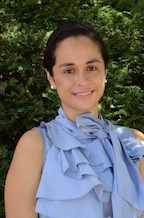
Read about Dr. Chardée A. Galán here
What is your current profession/position and how do you feel it relates to clinical science? I am an Assistant Professor of Psychology in the Child Clinical area and Director of the Dismantling Racial inEquities Around Mental Health (DREAM) lab at the Pennsylvania State University. While I wear multiple hats in these roles, one of my favorite parts of my job is the opportunity to mentor the next generation of clinical scientists by preparing them to advance our knowledge of mental health and to use this knowledge to reduce the burden of mental illness. In our lab, we specifically focus on understanding and addressing key contributors to the development and maintenance of racial inequities in mental health and access to quality mental health services. While several prominent scholars have being doing this work for decades, unfortunately, these issues have historically not been prioritized by funding agencies or peer-reviewed journals, leaving the field with several gaps in our understanding of the issues and empirically-supported ways to address them. Largely reflecting my training as a clinical scientist, part of our lab’s work includes critically evaluating the scientific literature to identify what these gaps are and then designing and executing studies that seek to build the scientific evidence to fill these holes. As an example, although there has been a lot of recent attention in the media and popular press articles regarding racial trauma in ethnoracially minoritized youth, the scientific evidence on this topic is quite limited, due in large part to the lack of measures available to assess this phenomenon in adolescents. To address this need, my colleagues and I recently developed the first measure of racism-based traumatic stress in youth and demonstrated the measures’ convergent, divergent, and incremental validity, providing new opportunities to investigate the effects of racism from a traumatic stress perspective. We hope to continue to expand on this work and then use this knowledge to eventually develop evidence-based approaches for addressing racial trauma in clinical practice. In my mind, this is what clinical science is all about – identifying places where our assertions lack scientific evidence and then working to extend the knowledge base on these issues. Notably, in this work, we recognize that “evidence” can from multiple methods, sources, and study designs, including the utilization of qualitative and mixed method approaches and the integration of community perspectives into the research process. We believe that extending beyond highly controlled laboratory methods helps to advance the real-world impact of clinical science.
How did your clinical science training prepare you for your profession/position? My entire career has been spent in programs that adhere to clinical science model and are accredited by PCSAS. I completed my undergraduate degree at University of California Berkeley where I studied under the mentorship of Dr. Stephen Hinshaw, followed by a post-baccalaureate research assistantship at the University of California, Los Angeles. I then moved across the country to the University of Pittsburgh where I obtained my PhD in clinical and development psychology with Dr. Daniel Shaw. The University of Pittsburgh provided me with excellent training in clinical science that included a science-centered curriculum on psychopathology, assessment, diagnosis, and treatment; an emphasis on understanding the etiology and maintenance of mental illness across multiple levels, including biological, social, psychological, and developmental; extensive training in how to conduct rigorous basic and applied research related to mental health; hands-on clinical training in empirically-supported and up-to-date assessment and treatment approaches; and ample opportunities to apply this knowledge through direct, supervised interaction with clients. In regard to my research training, one of the first projects I worked on was an R01-funded clinical trial (PIs Shaw, Ridenour, and Reynolds) situated in pediatric primary care that integrated evidence-based innovations in screening (Youth Risk Index) and prevention (Family Check-Up) to reduce risk for youth substance use and other problem behaviors (the SKY study). Although several evidenced-based prevention and intervention programs have been developed for mental and behavioral health problems, many remain inaccessible to the vast majority of families, limiting their impact from a prevention science standpoint. Integrating services into settings that families already use such as pediatric primary care clinics allows for engaging families at the population level while building on existing infrastructures to facilitate scalability. Working on this project underscored that part of being a clinical scientist is not only moving from discovery to application but also ensuring that considerations of cost and accessibility are centrally prioritized in these efforts.
For you, what does it mean to be a clinical scientist? For me, being a clinical scientist means advancing public health by bridging the gap between scientific discovery and clinical practice. It also means that we acknowledge and appreciate the reciprocal relationship between research and clinical application, such that clinical practice informs research and vice versa.
While I realize that this is tangential to the question, I want to use this space as an opportunity to address something that should be at the forefront of our minds as we consider the future of clinical science. Considerations of diversity, equity, and inclusion have historically been on the periphery of clinical science training, often treated as secondary to other “core” concepts or skills, or just overlooked all together. While a notable strength of the PCSAS accreditation system is the flexibility that it affords to each program, I think it is also critical to consider whether the current “diversity” requirement provides sufficient guidance or if it allows training programs to interpret and execute multicultural training in ways that are potentially insubstantial and keep DEI considerations on the periphery of clinical science training. My hope for the field is that sociocultural factors, such as systemic oppression and cultural strengths, will one day be seen as foundational to our understanding of the etiology, maintenance, and treatment of mental illness, which will help to increase the reach and public health impact of clinical science. It is also worth noting that generations of silence and power-evasive racial socialization have fostered an environment in which researchers, instructors, and supervisors feel uncomfortable and unprepared to actively address these issues. Thus, progress towards a more equitable clinical science will require us putting our heads together to determine how we can most effectively support individuals in our program in providing this training to our students, while also holding each other accountable in translating intention to action.
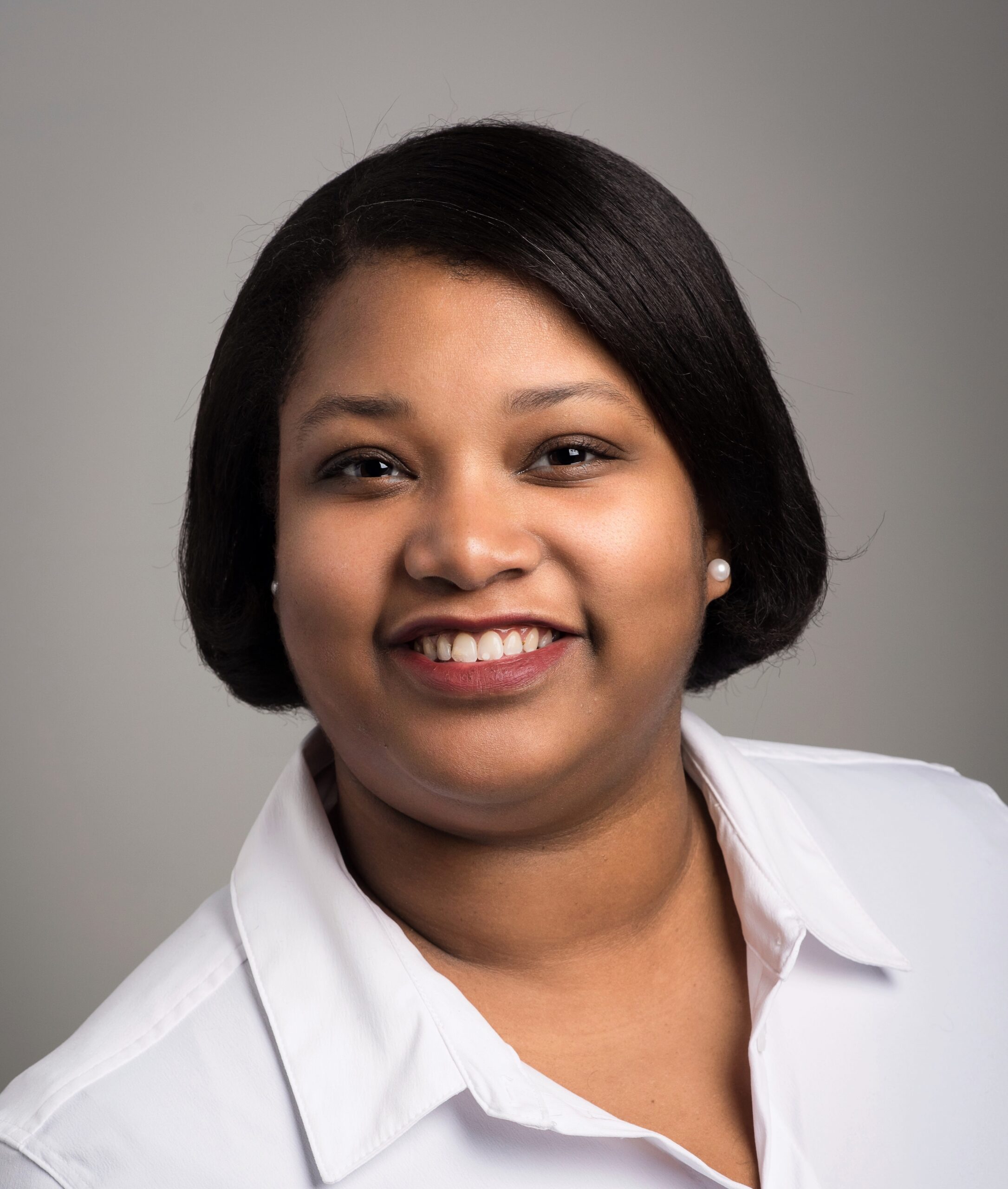
Read about Dr. Chanelle Gordon here
What is your current profession/position and how do you feel it relates to clinical science? I am currently a research scientist at the Child and Family Translational Research Center within Boys Town’s National Research Hospital. My position relates well to clinical science because my job focuses on applying basic science to solve real-world problems in the family-based and community services provided by my organization. For example, I am collaborating on a pilot exploring executive functioning differences using neuroimaging in very young children with ADHD or who are at risk for ADHD. The overall goal of this project is to identify neural correlates of ADHD that could be used to identify and treat ADHD in children early.
How did your clinical science training prepare you for your profession/position? My training has provided me with the basic building blocks needed to effectively understand and communicate with other scientists as well as communicate effectively with a non-scientific audience. I have a solid foundation in research methods and statistics, but my clinical training has also given me a unique perspective that has allowed me to more easily see how we can apply science to benefit individuals and their families.
For you, what does it mean to be a clinical scientist? Being a research scientist means keeping up with the latest science (through the research literature, collaborations, etc.) and persistently finding ways to apply this science to benefit individuals and their families
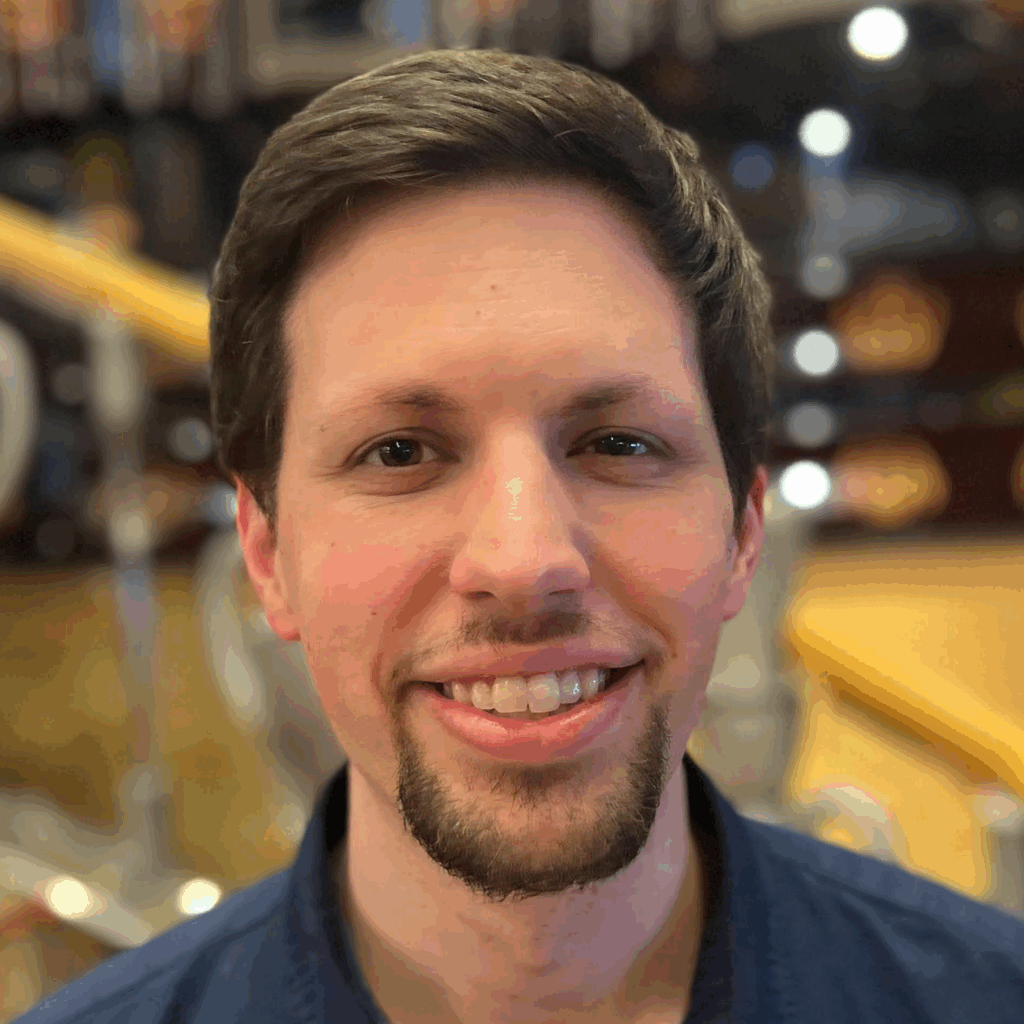
Read about Dr. Payton Jones here
What is your current profession/position and how do you feel it relates to clinical science? I am currently working as a Senior Data Scientist at Pluralsight. Pluralsight is an online platform that offers technology-focused courses and resources. While my role at Pluralsight is not directly related to clinical science in terms of content, it does have strong connections in terms of skills. I primarily work on machine learning and recommendation algorithms, which require a solid foundation in statistics and coding, which was a strong focus in my graduate program. Additionally, I often conduct and evaluate product experiments to enhance user experiences and outcomes.
How did your clinical science training prepare you for your profession/position? Learning to code during my clinical science training has been instrumental in my career and opened up diverse opportunities. Training in statistics has also been vital; though I’ve had to learn on the job, my training enables me to confidently delve into research papers and documentation that utilize mathematical concepts, even when those concepts are new to me. Thinking like a scientist, a fundamental aspect of clinical science, has proven to be a powerful asset in industry. It allows me to approach problems systematically, engage in experimentation, and critically assess data. I’ve noticed that I’m frequently the first to notice common errors, such as issues related to correlation and causation, confounders, and seasonality, when they arise in business thinking.
For you, what does it mean to be a clinical scientist? To me, being a clinical scientist means having the tools to cut through the noise and uncritical thinking that often pervade the field of mental health, but also arise in almost any type of human thinking. Being a clinical scientist involves relying on evidence, rather than your aesthetically preferred school of thought or clinical practice. The core principles of clinical science emphasize the importance of knowledge, pragmatism, and clear thinking above ego, and these principles have been valuable in guiding my approach to both my work and life.
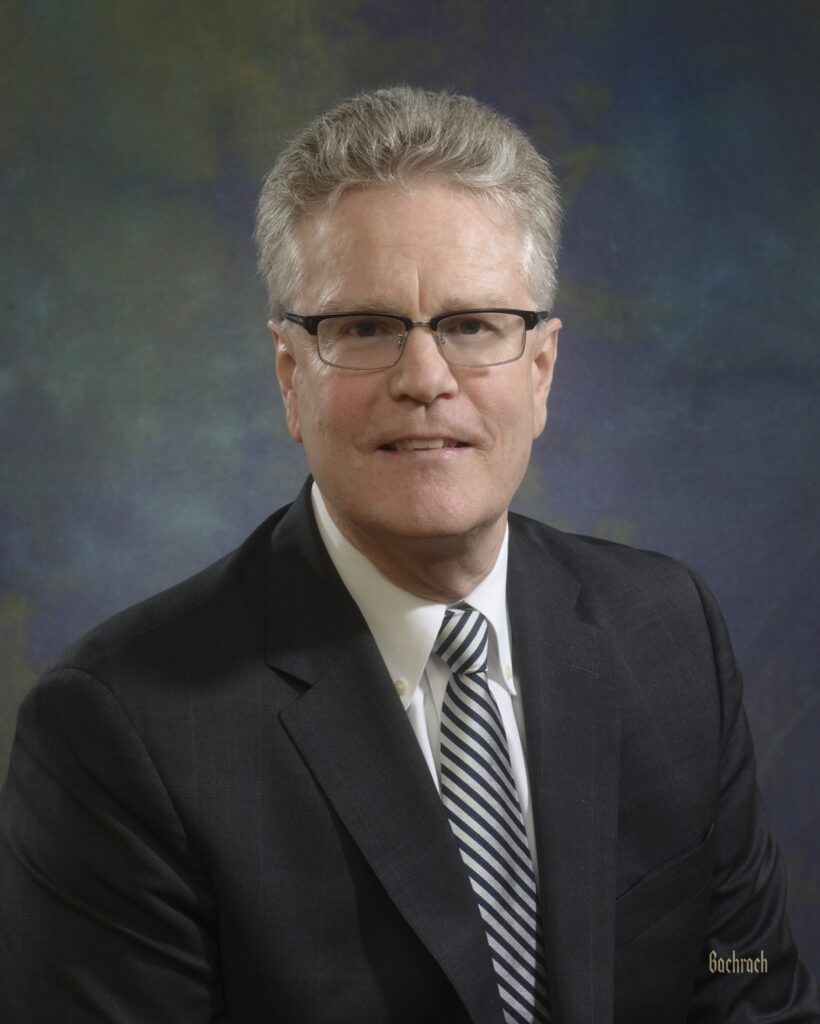
Read about Dr. Terry Keane here
What is your current profession/position and how do you feel it relates to clinical science? I’m currently the Associate Chief of Staff for Research and the Director of the National Center for PTSD’s Behavioral Science Division located at VA Boston Healthcare System. I am also a Professor of Psychiatry and Psychology at Boston University and Assistant Dean for Research at Boston University Chobanian & Avedisian School of Medicine. I am responsible for oversight of all research at VA Boston, the largest recipient of federal research dollars in the Veterans Health Administration. I also serve as the Director of one division of the National Center for PTSD. The research programs include large portfolios of clinical research, biomedical (basic) research, health services research, and rehabilitation research. At VA Boston there are eleven research centers of excellence, most of which address pressing issues related to military veterans’ health and adjustment. The National Center, that I direct with Brian Marx, PhD, has a wide-ranging portfolio to include genetic and genomic analyses, diagnostic assessment and evaluation of PTSD patients, epidemiological studies, suicide prevention, experimental psychopathology research, and a large group of studies that examine psychological treatments for PTSD utilizing randomized clinical trials (RCT’s). Our group initiated the use of exposure therapies in the treatment of PTSD and most recently developed Written Exposure Therapy, a remarkably efficient treatment for PTSD (D. Sloan & B. Marx).
How did your clinical science training prepare you for your profession/position? I graduated from the University of Rochester with a degree in Psychology and in the earliest stages of my graduate career, I considered a focus on teaching in a college in a small town and having a clinical practice on the side. I matriculated to Binghamton University which focuses its training on the development of skills in research and clinical care. It wasn’t clear to me during graduate school how much I really enjoyed the conduct of research: the conceptualizing of a problem, the construction of an experimental design, searching for the best possible measures, the actual running of participants in studies, and conducting the analyses and write up of the data. It was during my last (4th) year of graduate school that my enthusiasm for clinical science manifested itself. When I interviewed at the University of Mississippi Medical Center (then one of the very few scientifically oriented clinical psychology internships), I was convinced that science would play a major role in my career. Multiple courses in design and statistics, psychopathology, and psychotherapy taught by outstanding professors at Binghamton prepared me well for the next phases of my career. The graduate program promoted the two hat concept (research and clinical care) and I ultimately came to appreciate the importance of research, the delivery of clinical care, and a strong commitment to education as equal foci for my career. This commitment ultimately led to my appointment as Chief of Psychology and then Associate Chief of Staff for Research at VA Boston.
For you, what does it mean to be a clinical scientist? For me, the commitment to outstanding clinical care, research, and education is my definition of a true clinical scientist. Whether one is functioning as an investigator, a clinical supervisor, or in the therapy room the application of scientific hypotheses and principles guides my interactions. Most gratifying to me over my career was the capacity to interface with the many other disciplines engaged in clinical research and clinical science. For those of us trained in clinical psychology, we benefited greatly by the integration of research and clinical care in our graduate training, a perspective shared by few if any other disciplines in the healthcare setting. Working in top ranking institutions and Universities with outstanding psychologists and other disciplines has elevated my own work in so many ways. Our degree in clinical psychology, was and is, a major advantage for us as we embark on efforts to address the many problems and issues facing the people in our society. In year forty-six of my career, I’ve never been bored a single day of my professional life—rather I’ve been challenged, driven, and committed to solving the psychosocial problems of our day. I can’t think of a better career for me.
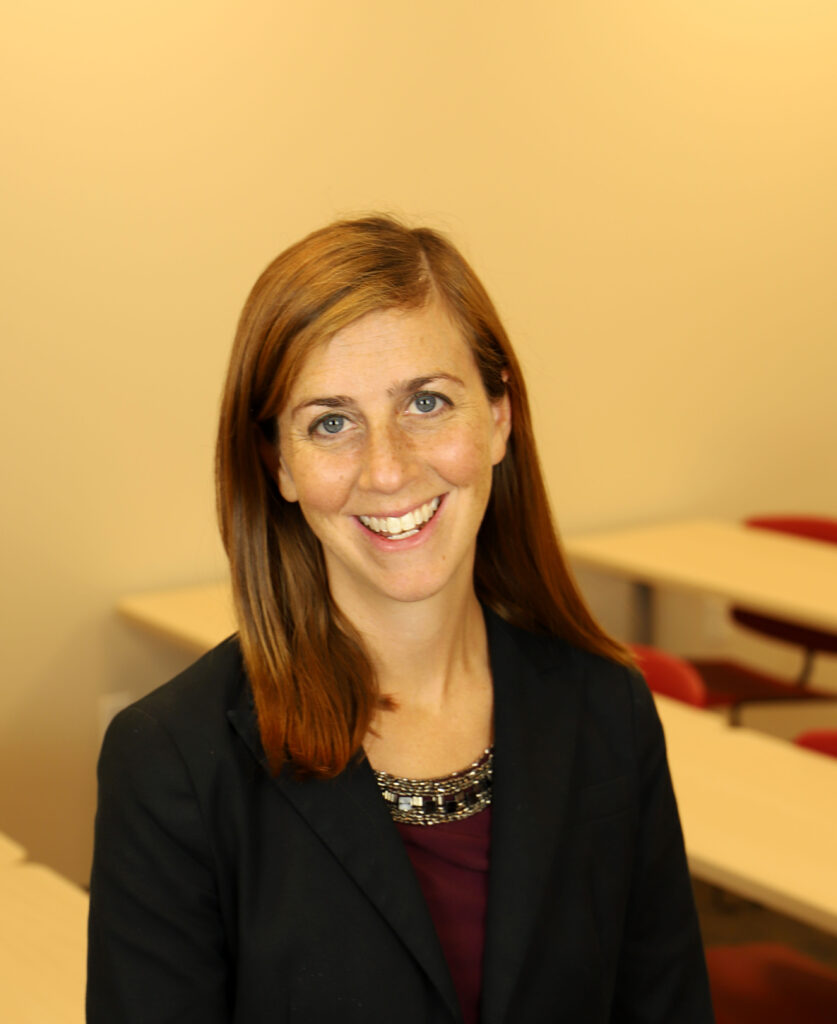
Read about Dr. Elissa Kozlov here
What is your current profession/position and how do you feel it relates to clinical science? I am an assistant professor and the director of the newly created online, asynchronous MPH in Population Aging at the Rutgers School of Public Health. Clinical science is central to our program in the School of Public Health. As a researcher and educator, I am constantly infusing rigorous clinical science into my course curricula as well as the grants I write.
How did your clinical science training prepare you for your profession/position? I think that having my strong background in clinical science allowed me to move fairly quickly from post doc to faculty at an R1 school. Because of my rigorous training in clinical science, I had the skills and tools to start applying for K-level grants right away on post doc. Also, despite coming from an art/science campus, my clinical science degree allows me to feel very comfortable in the academic medical environment. I’ve had the benefit of being funded by the Rutgers Clinical and Translational Science Center, NJ ACTS, which I credit, in part, to my rigorous clinical science training from Washington University.
For you, what does it mean to be a clinical scientist? Being a clinical scientist, for me, means that I am confident that I have the skills to carry out rigorous scientific research and to evaluate and utilize evidence based interventions in my clinical practice. I know that I deserve my seat at the table next to the clinical bench scientists because of my training as a clinical scientist in behavioral health. I think that the field of psychology sometimes gets criticized for lacking scientific rigor, but I know that the science I conduct, the courses I teach, and the interventions and assessments I deliver are grounded in rigorous, systematic scientific research.
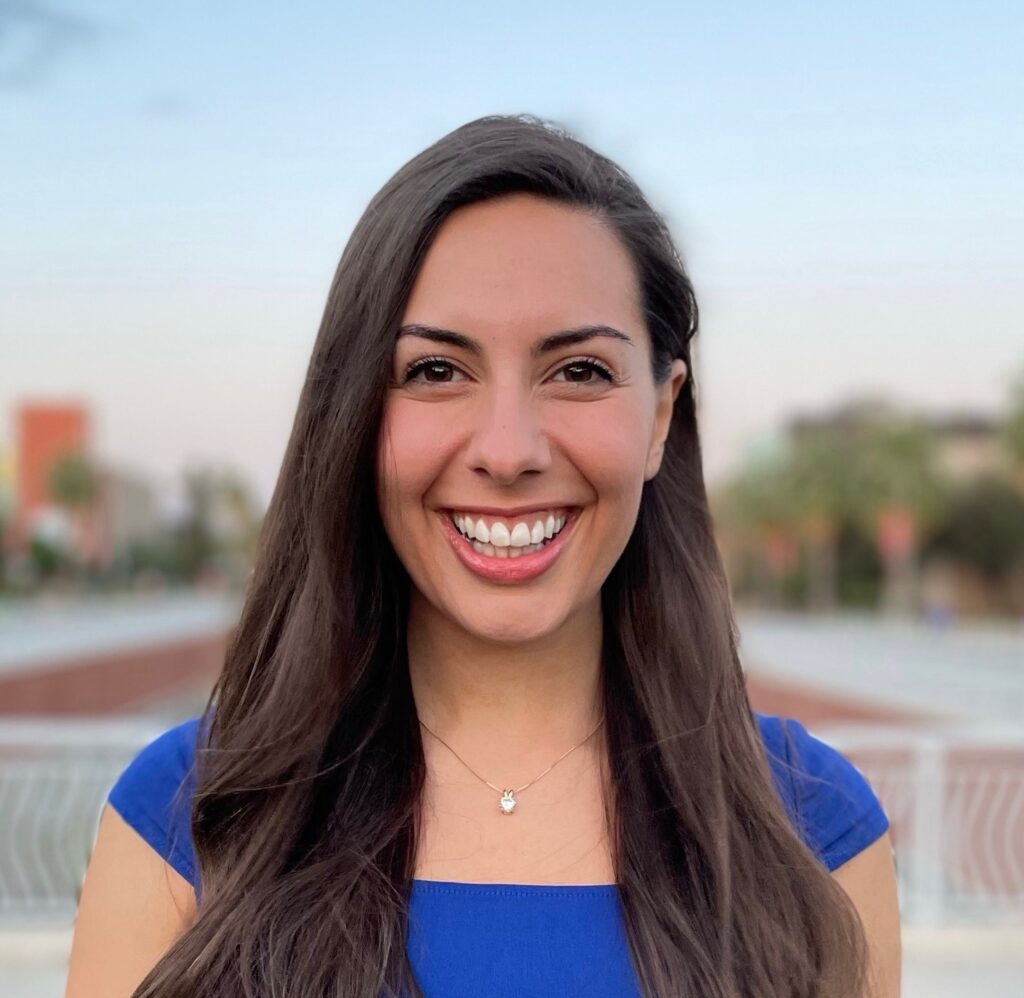
Read about Dr. Atina Manvelian here
What is your current profession/position and how do you feel it relates to clinical science? I am currently an Assistant Professor for a Master’s in Counseling Psychology program at Santa Clara University (SCU). About 40% of my time is dedicated to teaching, 40% to research, and 20% to service. My position relates to clinical science directly as I direct the Love Research Laboratory at SCU; I conduct research with my students to understand the key elements that contribute to the creation and maintenance of healthy relationships. I also develop innovative online and in-person interventions teaching youth healthy relationship skills, such as communication and interpersonal emotion regulation. Even when I am not directly involved in research, I am always using clinical science to build my teaching curriculum or drawing from evidence-based therapies to inform my clinical practice.
How did your clinical science training prepare you for your profession/position? My clinical science training at the University of Arizona prepared me to be able to both evaluate and conduct high-quality basic research and intervention studies while simultaneously working on the frontlines as a clinician treating a variety of mental health and relational issues. My training also inspired me to think about gaps in dissemination and implementation science, pushing me to think about ways that we can disseminate interventions more quickly!
For you, what does it mean to be a clinical scientist? Being a clinical scientist means that I have developed exceptional skills across many important domains—clinical work, research, and teaching. Being a clinical scientist allows me to be able to see the world and impact it on a micro and macro level, from seeing clients face-to-face through my small private practice to training the next generation of clinicians through my program or developing evidence-based interventions that can be disseminated to thousands of people online. It is an empowering feeling to be able to have these “superpowers” and a career path that allows for multiple job opportunities across the lifespan.
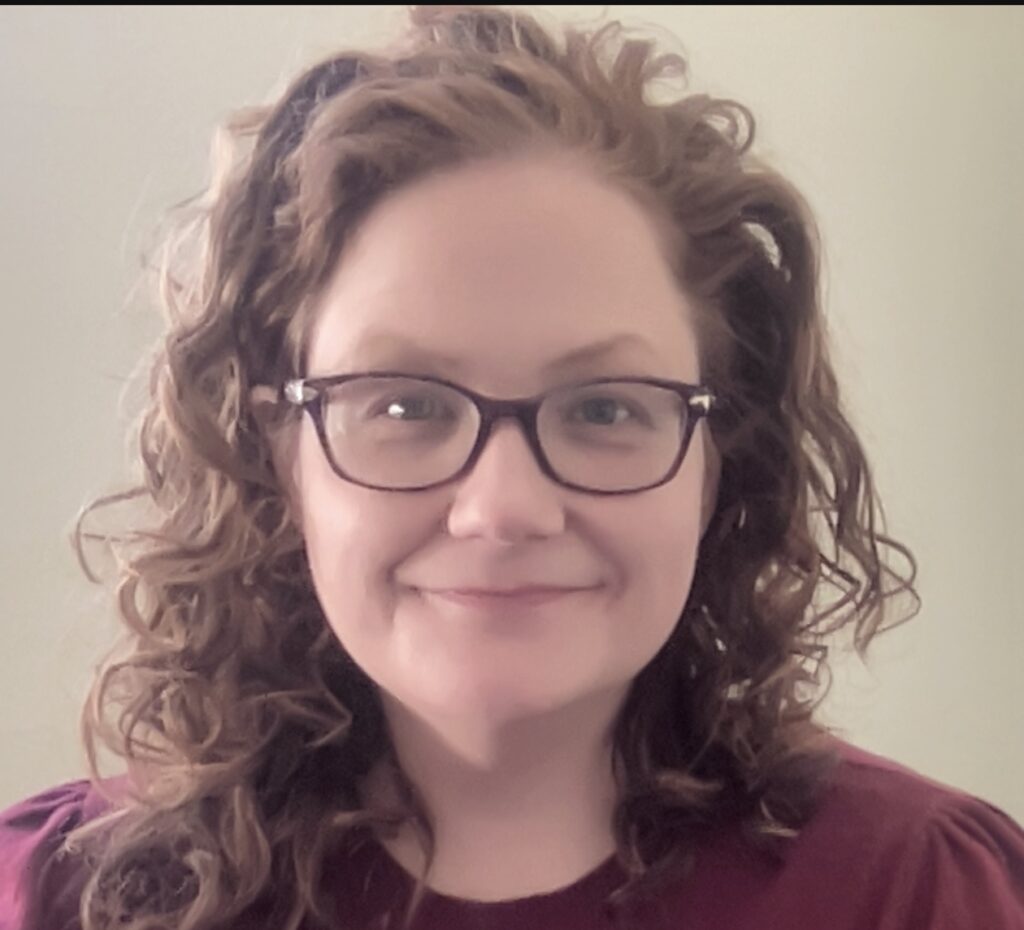
Read about Dr. Erin Moran here
What is your current profession/position and how do you feel it relates to clinical science? I am a Research Scientist at Washington University in St. Louis. My work includes the study of motivational and reward related impairments in those with mood and psychotic disorders to identify mechanisms and treatments targeting these symptom domains that are so impairing but for which we have few effective treatments. My work combines three things that I believe are important to clinical science: 1) assessment of symptoms, concerns, and lived experience of those with serious mental illness 2) using these clinical experiences to inform my research aimed at understanding and targeting symptoms that are impairing in daily life and 3) mentoring undergraduate and graduate students who will become future clinical scientists.
How did your clinical science training prepare you for your profession/position? My graduate training was fundamental for providing the training necessary for my profession. I think the best clinical scientists strive to have a comprehensive understanding of the people we aim to help in both research and clinical settings. This was modeled to me across graduate training via clinical supervisors and clinical work which emphasized the careful assessment of experiences and symptoms, utilizing interventions informed by science, and monitoring treatment progress to ensure we are on the right track. My research training mirrored this by emphasizing a thorough assessment of my research questions via multiple methods of measurement including clinician rated symptom assessment, behavioral observation, self-report, and physiologic measures of feelings and behaviors. Incorporating a careful and thorough assessment of people and research questions at hand are all skills that I use daily as a clinical scientist.
For you, what does it mean to be a clinical scientist? I think a clinical scientist is a person that uses science to inform clinical intervention, uses clinical insights to inform research questions, and/or disseminates these findings and trains others. With research, a clinical scientist incorporates their understanding of the things that are troubling clients into their research in order to assess, understand and/or develop treatments. For clinical work, a clinical scientist incorporates appropriate assessment techniques, incorporates interventions that are informed by science, and monitors and tracks treatment outcomes. While these can sometimes feel like different worlds, it seems crucial to combine forces and utilize these shared skillsets so that we can progress in understanding and treating mental health concerns.
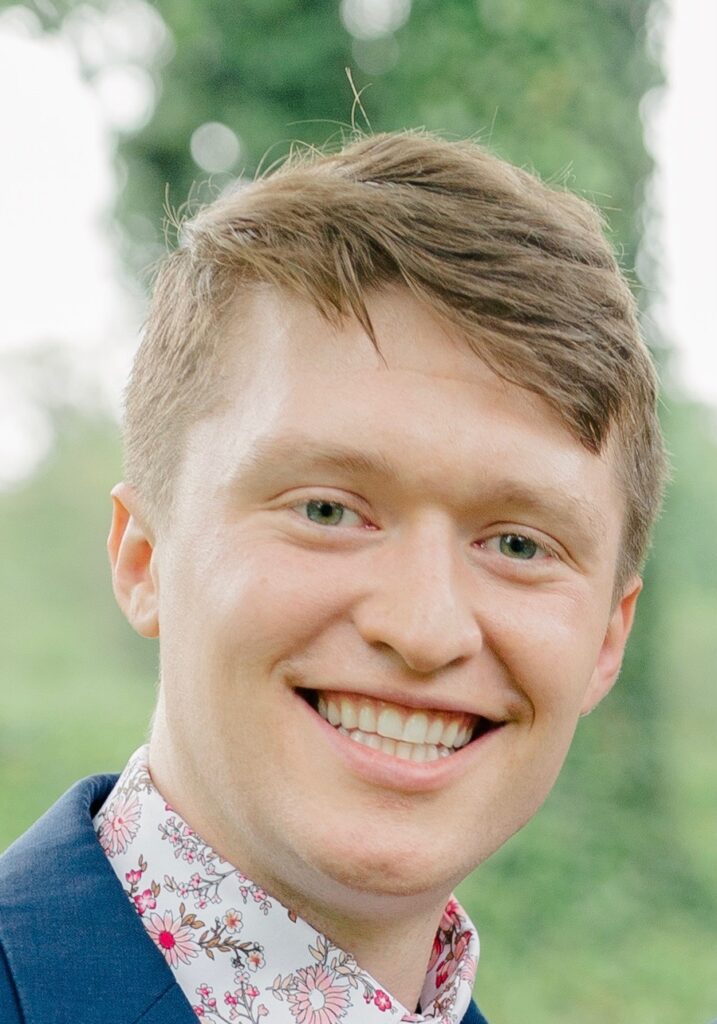
Read about Dr. Daniel Moriarity here
What is your current profession/position and how do you feel it relates to clinical science? I am currently an F32-funded postdoctoral fellow at the UCLA Semel Institute for Neuroscience and Human Behavior. In this role, I both conduct basic research on the dynamic interplay between stress, immunology, and depression while also contributing to the design and execution of a multi-million-dollar precision stress clinical trial. Additionally, I serve as the Science & Research Workgroup Chair for the California Stress, Trauma, and Resilience Network, where I oversee the development of novel public-health oriented technologies and the mentorship of ~70 junior colleagues. This position has really helped me translate the excellent training I’ve received at Temple University to design and conduct research I believe is necessary to advance the rigor of clinical psychological science, directly contribute to the health of participants via treatment research, and provide clinical science-focused guidance to trainees.
How did your clinical science training prepare you for your profession/position? My clinical science training has been integral in my motivation and ability to be actively involved in projects across the basic\clinical\translational science continuum. More specifically, doing the types of basic research necessary to build the foundation of precision clinical psychology while actively evaluating existing treatments and the details that determine their efficacy (e.g., matching treatments to specific symptom and pathophysiological profiles). Being in a strong, clinical science-focused program, provided me the conceptual and technical acumen to do the types of work that I believe are integral both to advancing clinical psychology in an efficient and replicable way.
For you, what does it mean to be a clinical scientist? To me, the essence of a clinical scientist is about remaining grounded in the needs of the population our work should serve—whether we work at a lab bench or deliver interventions in the field. These people need and deserve more than grants and papers, they need a scientific workforce willing to think deeply, collect and analyze data thoughtfully, and center themselves around intellectual humility and curiosity rather than defensiveness or ego. All knowledge has intrinsic value, but as clinical scientists we must prioritize using our training and gifts to ask the most important questions our resources allow to improve public health.mental health concerns.
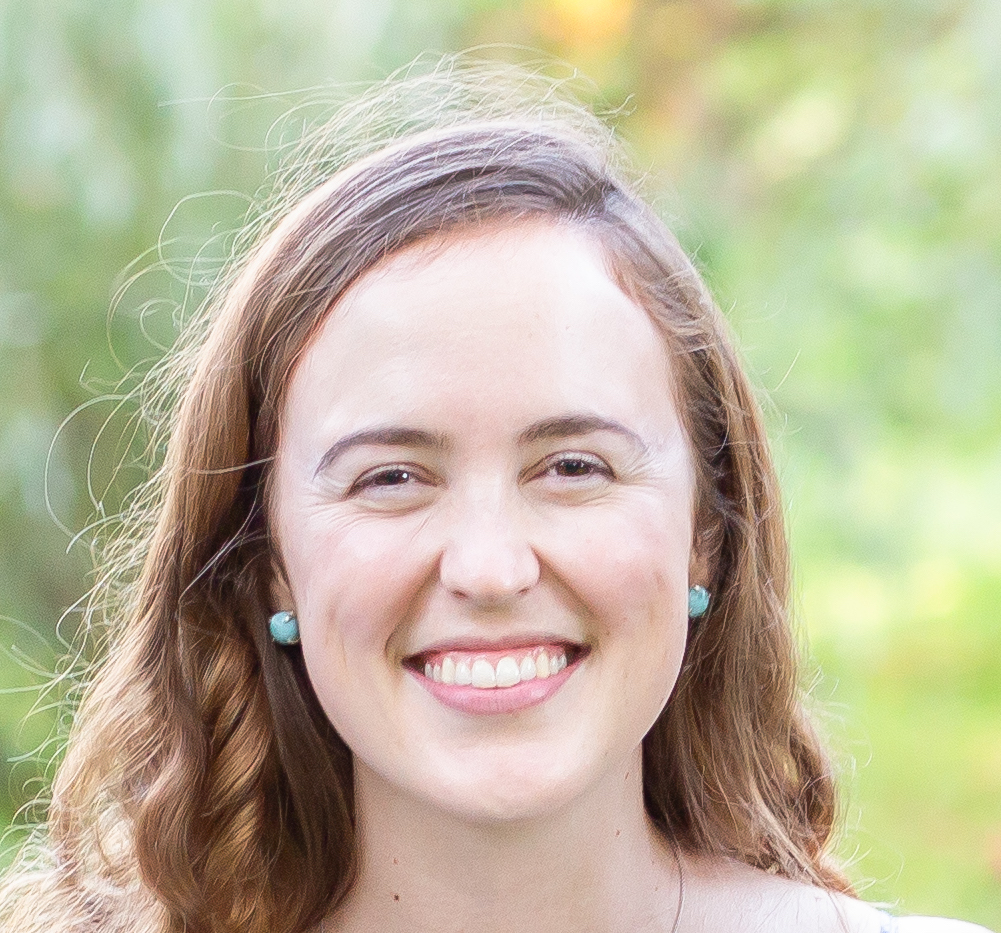
Read about Dr. Lesley Norris here
What is your current profession/position and how do you feel it relates to clinical science? I am currently a NIMH T32 Postdoctoral Fellow in Child Mental Health in the Department of Psychiatry and Human Behavior at Warren Alpert Medical School of Brown University. I work as both a researcher and clinician providing exposure-based therapy in the Pediatric Anxiety Research Center (PARC). PARC is a place where science and care are truly integrated, which has been an incredible complement to my clinical science training.
How did your clinical science training prepare you for your profession/position? My clinical science training prepared me to feel effective in, and to seek out, wearing multiple different professional “hats” at the same time. As a graduate student, I gained experience providing empirically based clinical services to youth with anxiety at Temple University’s Child and Adolescent Anxiety Disorders Clinic. I was then able to pursue questions that arose for me through that work via a National Institutes of Health Ruth L. Kirschstein National Research Service Award, which prepared me for my career goal of being an investigator on future federal research grants.
For you, what does it mean to be a clinical scientist? Being a clinical scientist for me means identifying strongly as both a researcher and clinician and valuing the reciprocity between those roles. I regularly use insights I gain from my research on youth anxiety treatments to inform my evidence-based practice, and my work as a clinician providing these interventions is often driving the kinds of questions I am asking in my research.
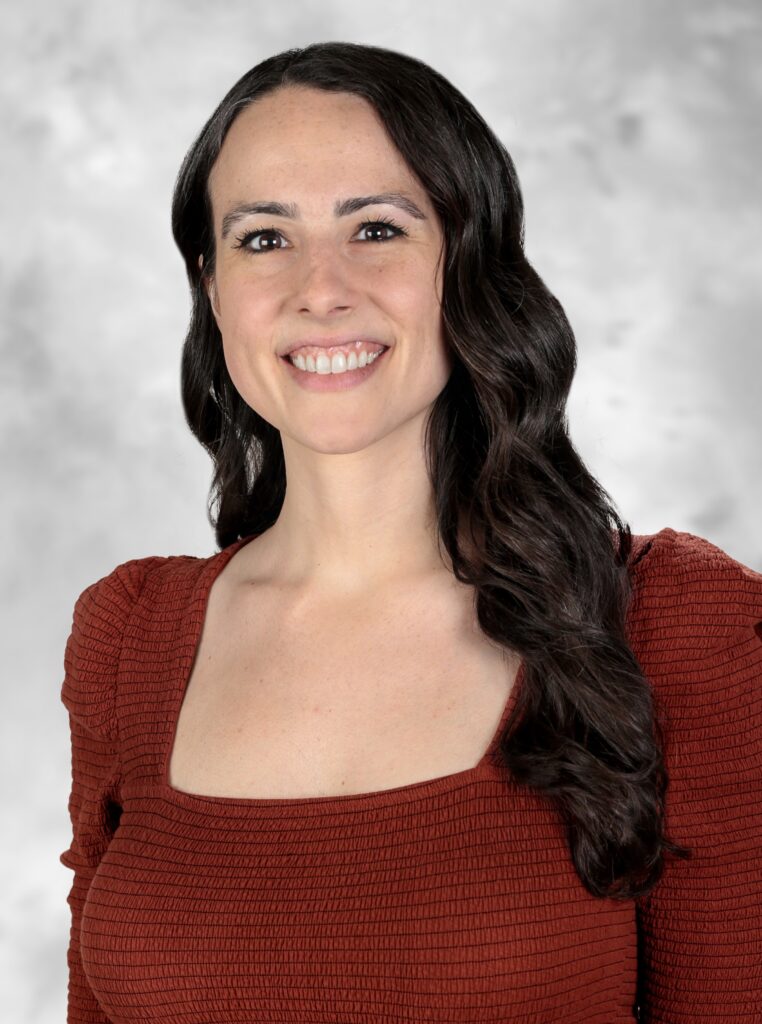
Research Scientist
Read about Dr. Emily Panza here
What is your current profession/position and how do you feel it relates to clinical science? I am an Assistant Professor (Research) at the Warren Alpert Medical School of Brown University and the Miriam Hospital’s Weight Control and Diabetes Research Center. My position is almost entirely research-focused, and my program of work is focused on understanding how social determinants of health impact weight-related health in marginalized communities, most notably sexual and gender minority groups and people living with HIV. My K23 (sponsored by the National Institute on Minority Health and Health Disparities) is focused on culturally tailoring an evidence-based online behavioral weight loss intervention for sexual minority women, showing a clear integration of clinical science and research.
How did your clinical science training prepare you for your profession/position? The clinical science training that I received at Rutgers taught me both the value and limitations of psychology research, learning that informed my career path. My graduate training instilled in me a deep appreciation for the value of conducting research to test and optimize the effectiveness of our clinical interventions, but it also clarified how so much of our research has overlooked the perspectives of people from marginalized communities. The goal of my research today is to center the perspectives of people from sexual and gender minority communities in research on weight, weight stigma, and cardio-metabolic health.
For you, what does it mean to be a clinical scientist? For me, being a clinical scientist means understanding the value that research has in ensuring that the psychological treatments we develop and deliver are effective, while also having the humility to see the wisdom of each individual, family, and community we work with to shape our conceptions of healing and health.
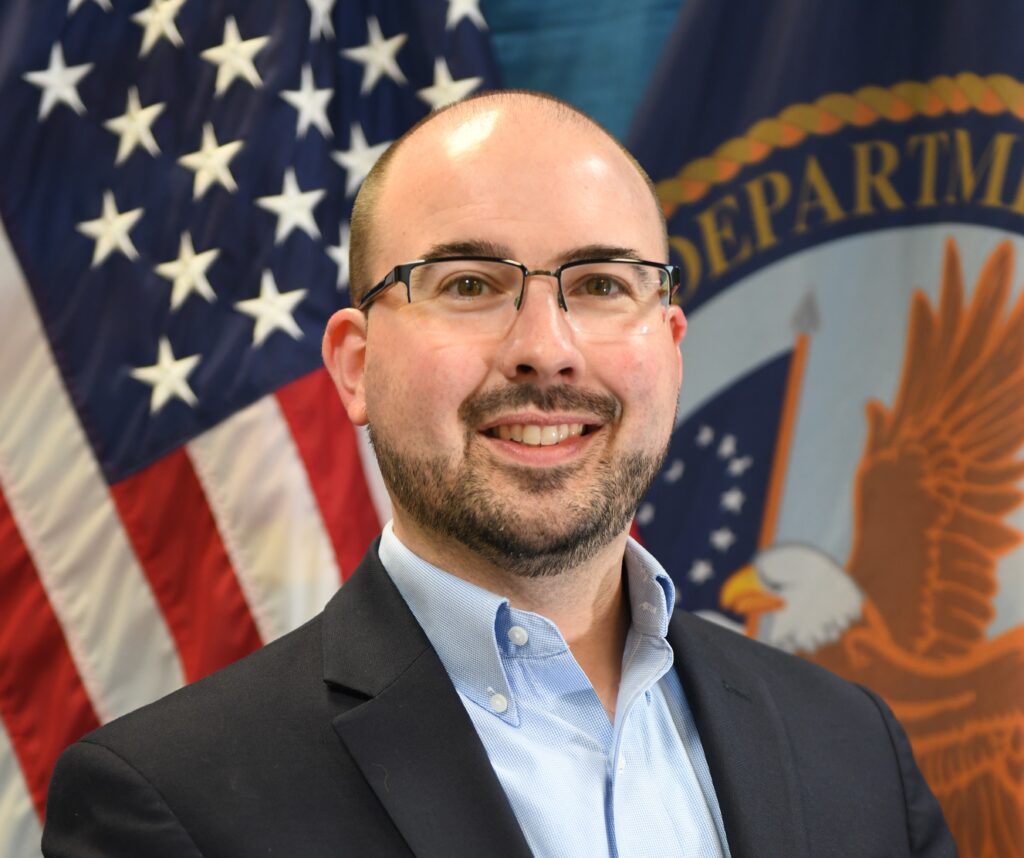
Read about Dr. Andrew Peckham here
What is your current profession/position and how do you feel it relates to clinical science? I am a clinical psychologist at the VA Bedford Healthcare System, where I serve as the Co-Director of our Advanced Fellowship in Psychosocial Rehabilitation and as a Research Investigator in the Mental Illness Research, Education, and Clinical Center (MIRECC). In my clinical roles, I support our suicide prevention team as well as providing recovery-oriented care for veterans with serious mental illness (SMI). In addition, I am an Assistant Professor in the Department of Psychiatry at the UMass Chan Medical School. In all these roles, I draw on my clinical science training to serve as a direct care provider, supervisor/mentor, and researcher.
How did your clinical science training prepare you for your profession/position? Beyond the core experiences in research and clinical training (which absolutely prepared me for my current role), clinical science training provided really valuable skills in areas such as communicating scientific findings/evidence-based treatments to different types of audiences, developing skills as a writer, and leadership skills. Learning to provide mentorship and organize a research team was extremely valuable.
For you, what does it mean to be a clinical scientist? More than anything, my training helped me to apply a scientific lens to every aspect of my work. Because of this training, I approach research, teaching, and clinical care with questions such as: “How can we improve this process? How can we develop new ways of providing treatment that improve outcomes? What does the evidence say about why this treatment may or may not work?” The clinical science training I received helps me to flexibly apply scientific training across many different roles.
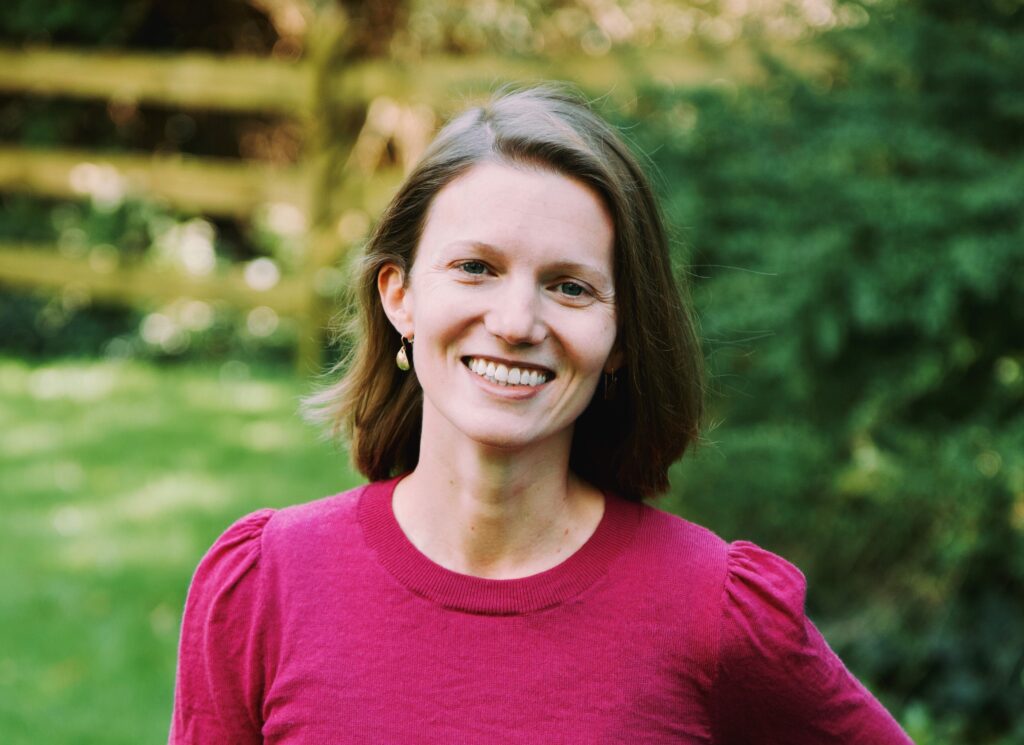
Read about Dr. Caroline Roben here
What is your current profession/position and how do you feel it relates to clinical science? A little over a year ago I took my first professional role in philanthropy as a Program and Evaluation Officer for Vanguard’s Strong Start for KidsTM program. I oversee our Resilient Families portfolio, which prioritizes early relational health and equity in supporting caregivers in evidence-based parenting and early literacy programs, connecting to early childhood systems and learning opportunities, and accessing community resources. I rely heavily on my clinical science background to lead the team’s impact measurement work, which aims to communicate and synthesize the vast impact of our community partners’ efforts to both internal and external stakeholders.
How did your clinical science training prepare you for your profession/position? As a clinical science graduate student, I wouldn’t have predicted a future role in philanthropy, yet I use my training every day. My graduate training with Drs. Pamela Cole, Jenae Neiderhiser, and Ginger Moore, and the many other early childhood development experts at Penn State, provided me with a robust foundation in research, parenting, and child socio-emotional development that underscores the evaluation of proposals in my current role. A clinical internship at the University of North Carolina gave me further insight and real-world experience with a network of early childhood systems that crossed preschools, early intervention, hospitals, and crisis intervention. I then spent the next 10 years at the University of Delaware with Dr. Mary Dozier, directing the implementation and program evaluation of the Attachment and Biobehavioral Catch-up (ABC), a national, evidence-based home visiting program for infants and their families. My clinical science training prepared me to jump into that role and build a dissemination and evaluation process that incorporated community and family voices, while also maintaining fidelity to the evidence-based model. Continuing in this newer position, I am thankful to have experience in research, clinical implementation, and thoughtful evidence-based program scaling as I now partner with leaders and organizations to create conditions in which all children and families can thrive.
For you, what does it mean to be a clinical scientist? A clinical scientist embraces the challenge of prioritizing what we’ve learned from rigorous research with the voices and histories of individuals, cultures, communities, and clinicians. An effective intervention in one context may not be so in another, and a clinical scientist seeks to partner with others to implement what works best for whom. Zooming out another level, an effective intervention won’t be impactful if the operational elements of implementation, such as payment structures and policies, don’t support its use. Clinical scientists value information and perspectives from many sources and systems, and they collaborate with lived experts and leaders to help clinical science be available to those who need it most.
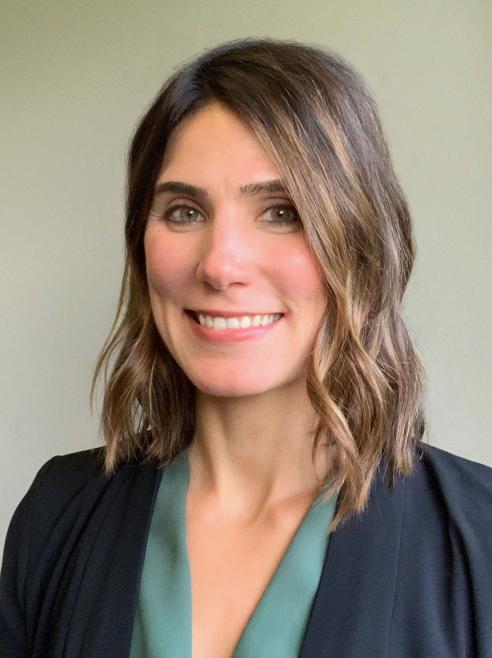
Read about Dr. Adriane Soehner here
What is your current profession/position and how do you feel it relates to clinical science? I am currently an Assistant Professor of Psychiatry in the University of Pittsburgh School of Medicine. My research program uses developmental neuroscience framework to study the role of sleep-circadian rhythms in the onset, course, and treatment of mood disorders in young people; clinical science serves as the philosophical backbone of this work.
How did your clinical science training prepare you for your profession/position? The tight integration of research and clinical training prepared me well for a faculty position in an academic medical center, and a research program that blends clinical neuroscience with treatment development.
For you, what does it mean to be a clinical scientist? To me, being a clinical scientist means respecting and upholding a strong reciprocal relationship between research and clinical practice. In my day-to-day, this translates to having a meaningful clinical question driving my research, while also having solid empirical basis for my clinical and treatment decision-making.
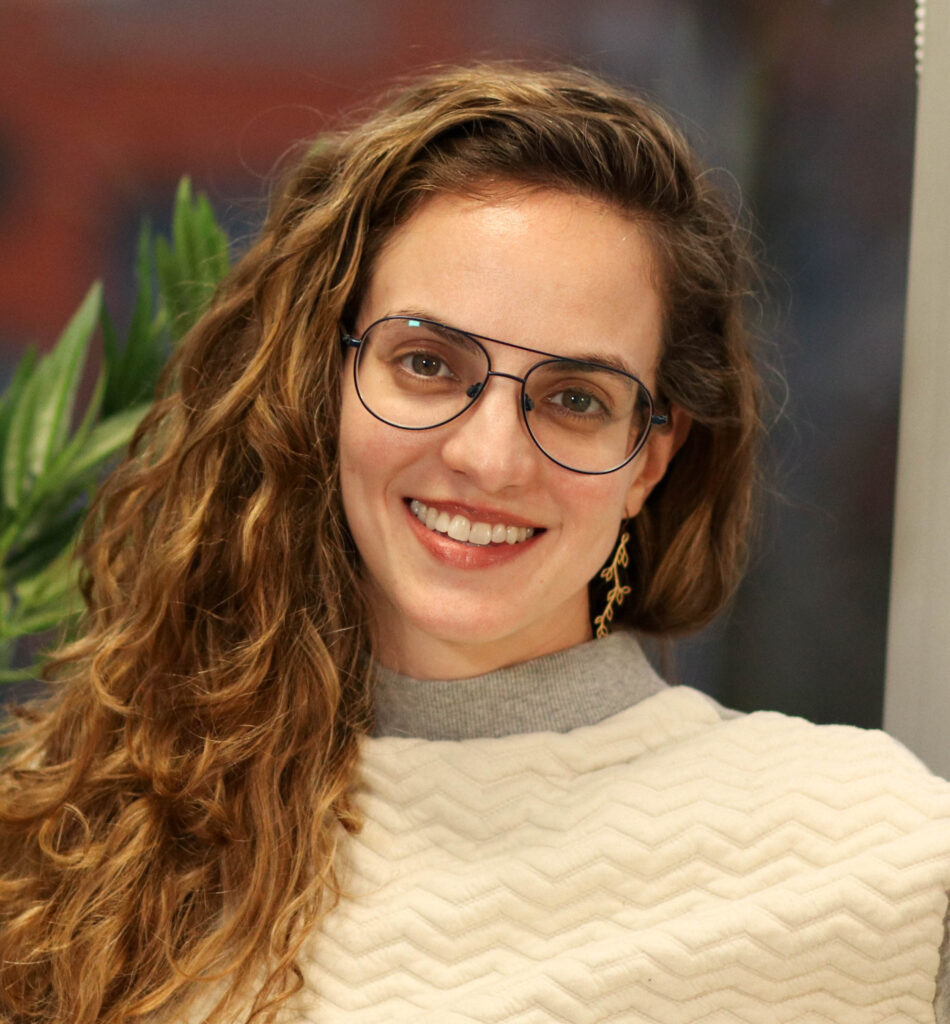
Read about Dr. Sylvanna Vargus here
What is your current profession/position and how do you feel it relates to clinical science? I am an incoming tenure-track Assistant Professor in the Clinical area at the San Diego State University Department of Psychology, but currently I am finishing up my postdoc at UCLA. I am also a Licensed Clinical Psychologist and provide a small amount of direct clinical service. I love the space of clinical science that connects research with practice, and I am really lucky that my position allows me to do clinically-focused research to bridge those two worlds. As a researcher I focus on depression and suicide disparities, and the last few years I have been working in implementation science, which nurtures my interests in research, public health, and clinical work. Since my program of research is translational, I get to use my basic science work to guide my thinking and direction about how we can improve mental health services for vulnerable populations.
How did your clinical science training prepare you for your profession/position? Like many clinical psych students, throughout a lot of my training I felt like people kept asking me to choose –research or clinical practice, psychology or public health, basic science or applied research? Pretty recently I have started seeing my training as complementary and that I may not have to totally choose. For example, my concurrent PhD in Clinical Science and a Master’s in Public Health allowed me to learn about mental health disparities by focusing on individual- level factors and by situating these within a broader population-level context; my clinical experiences working with suicidal youth shaped the focus of my work; my internship during the height of COVID-19 when healthcare systems were forced to become extremely limber taught me the profound impact systems-level initiatives can have on patient outcomes and disparities. These lessons have come together during my postdoc where I have gained initial exposure to implementation science and can see how essential my clinical and public health training is in helping mental health service settings improve the quality of care they provide to underserved youth at-risk for suicide.
For you, what does it mean to be a clinical scientist? Being a clinical scientist to me means being open and interdisciplinary. We have a unique skill set that allows us both to think as clinicians with experience on the ground within healthcare settings, and as academic researchers asking empirical questions. We are trained to bridge worlds and to see that no discipline or perspective exists in isolation. I believe espousing this lesson is our best bet at making a meaningful impact on society.
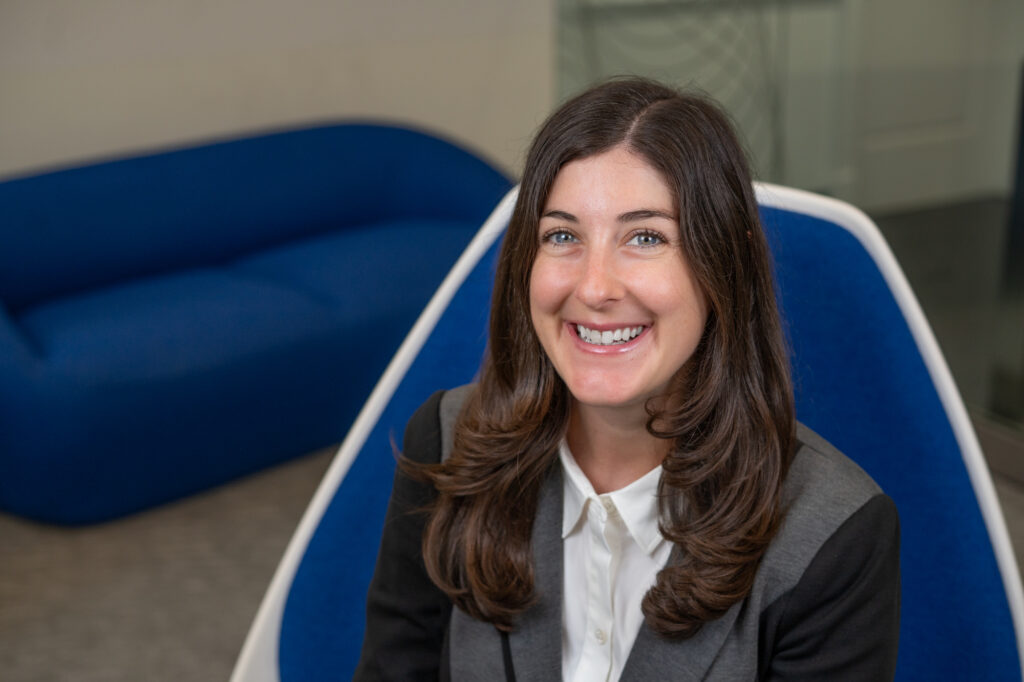
Assistant Professor
Read about Dr. Jenna Wells here
What is your current profession/position and how do you feel it relates to clinical science? I am currently an Assistant Professor in the Department of Psychology at Cornell University. Although we do not have a clinical program at Cornell, many of the students are interested in topics related to clinical science. In addition to teaching courses related to clinical topics, I am studying questions related to clinical phenomena and populations.
How did your clinical science training prepare you for your profession/position? Throughout my training as a clinical scientist, I became highly attuned to observing and analyzing behavior. As a researcher, I was trained to apply various behavioral coding systems to quantify affective and relational processes. As a clinician, I learned to notice relevant behaviors—beyond just the words my client would express to me—and consider all of this “data” when conceptualizing the case. These experiences prepared me for a career in which I form ideas and questions, measure behaviors to test these questions, refine and develop new ideas and questions, and so on.
For you, what does it mean to be a clinical scientist? Clinical scientists draw upon scientific perspectives to shape clinical practice, and they apply clinical insights to guide science and policy. We strive to improve the quality and availability of evidence-based methods and interventions in order to improve the public’s health and well-being.
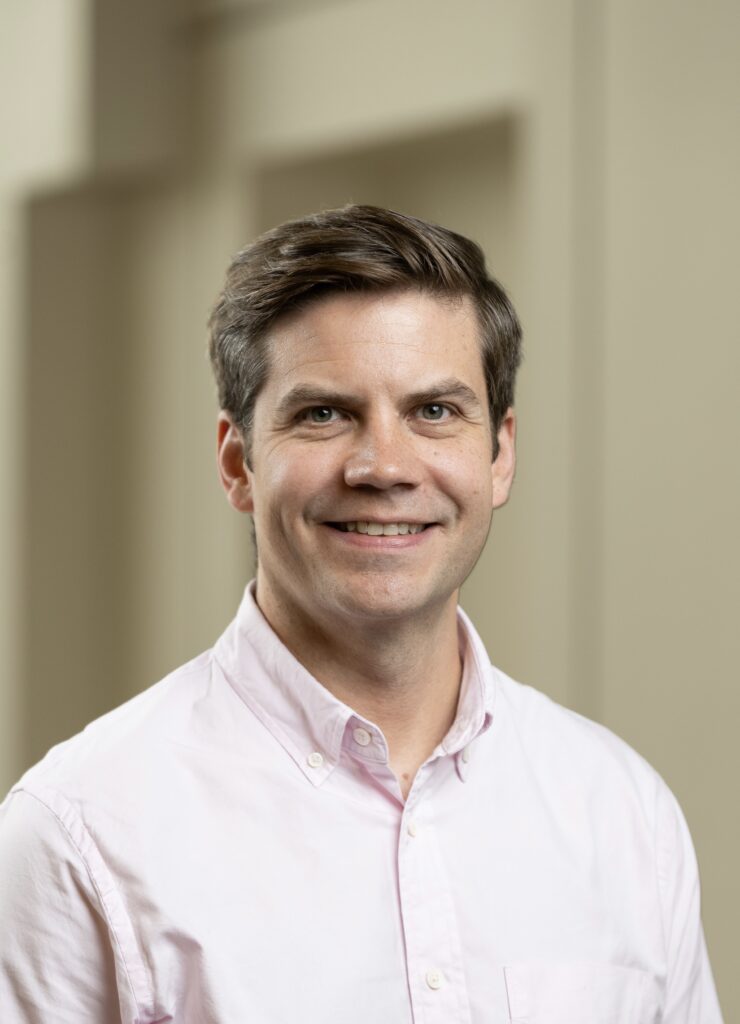
Read about Dr. Aiden Wright here
What is your current profession/position and how do you feel it relates to clinical science? I am a Professor at the University of Michigan and I split my time between the Department of Psychology and the Eisenberg Family Depression Center (EFDC). This special position affords me a great deal of time to focus on clinical research. I was attracted to it because the vision for the EFDC is to create a nexus for multidisciplinary science that moves the needle on alleviating the suffering caused by depression and improving mental health more broadly.
How did your clinical science training prepare you for your profession/position? I was fortunate to train in a program that valued both excellent clinical and scientific training, as well as their integration. Each of these is necessary for good clinical science. What stands out from my training, though, is the strong emphasis on methodology. In particular, the importance of harmonizing theory, data acquisition design, and statistical model. This is hard to do well, but using this harmony as a guide has served me well in my career.
For you, what does it mean to be a clinical scientist? Clinical science (or scientist) is a generic term that doesn’t do justice to the field of clinical psychology, and lumps us in with any number of health related professions. As a term it belies the difficulty of understanding the complexity of human thought and behavior well enough that we can effect meaningful change in people. Nevertheless, within clinical psychology, to me clinical science is science which is informed and guided by clinical phenomena, their treatment, and clinical settings, and that is designed to improve our understanding of the phenomena, generate more potent interventions, and improve how clinical settings function. Good clinical psychological science spans foci and scale, from the cortex to countries, and cuts across many methodologies, from imaging to immigration policy.
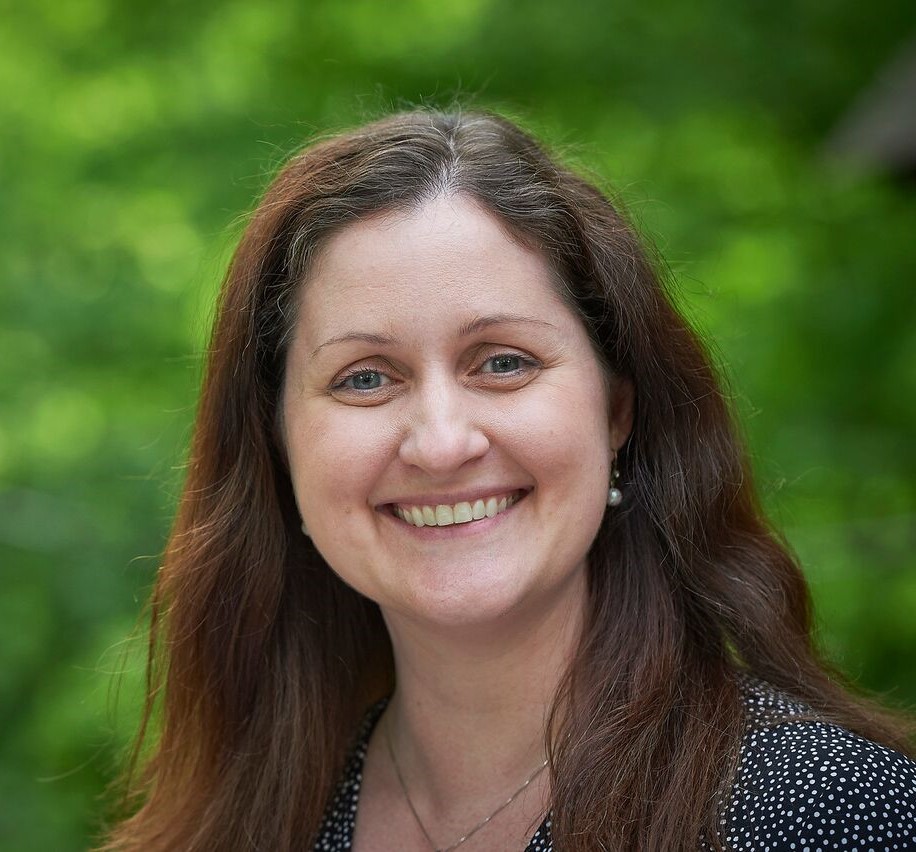
Read about Dr. Alexandra Zaleta here
What is your current profession/position and how do you feel it relates to clinical science? I am Associate Vice President of Research and Insights at CancerCare, a national advocacy and support organization serving people affected by cancer. My research is focused on better understanding the experiences and needs of people with cancer and their caregivers. The goal of this research is not only to contribute to our scientific understanding of the impact of cancer, but to create actionable insights that can inform advocacy, improve cancer care delivery, and drive healthcare policy.
How did your clinical science training prepare you for your profession/position? Advocacy-focused cancer research is fast paced and covers a diverse range of topics: unmet psychosocial needs, financial impact, care access barriers, impact of health insurance practices, shared decision-making, and many other patient experience outcomes. To do this work well, you must engage diverse stakeholders throughout the research process, including people living with cancer and their families, healthcare providers, policymakers, industry, and others. This kind of research requires a constant balancing act of rigor and efficiency, because the research must be high quality yet also timely and relevant. Having foundational training in research design and analysis, survey development and measurement validation, clinical assessment, and best practices in psychosocial care has been fundamental to achieving these goals.
For you, what does it mean to be a clinical scientist? In my career, being a clinical scientist means creating real-world change through well-designed, collaborative, and person-focused research.
Some Possible Clinical Science Career Pathways
Here is a list of some career pathways that have been followed by graduates of clinical science programs:
Practicing Clinical Psychologists: Training under a clinical science model can ensure treatment interventions are grounded in science and research. Many PCSAS graduates become licensed, practicing clinical psychologists. In a recent comprehensive analysis of over ten years of PCSAS graduates, we found that 73% report engaging in clinical service delivery in their current positions.
Academic Roles: Clinical scientists often pursue careers in academia, working as professors, researchers, or both. They may teach courses related to clinical psychology, conduct research in areas such as psychopathology or therapy effectiveness, and also mentor graduate students.
Clinical Supervisors and Consultants: Some clinical science graduates become clinical supervisors, and oversee the training and development of other mental health professionals, such as interns or therapists-in-training. They may also offer consultation services to organizations or to other professionals.
Research Positions: Clinical scientists may work as researchers in various settings, including universities, research institutions, government agencies, or private companies. They design and conduct studies to advance our understanding of mental health issues and develop evidence-based interventions.
Policy and Advocacy: Some individuals with clinical science backgrounds engage in policy and advocacy work. They may work for government agencies, non-profit organizations, or advocacy groups to influence mental health policies and promote evidence-based practices.
Program Development and Evaluation: Clinical scientists may be involved in developing and evaluating mental health programs and interventions. These clinical scientists may be involved in designing and assessing the effectiveness of therapy programs, prevention efforts, or advancing public health initiatives.
Teaching and Training: Clinical science graduates often teach and train other mental health professionals or students. This may involve designing and delivering workshops, seminars, or continuing education programs.
Hybrid Roles: Some individuals pursue hybrid careers that combine clinical practice with research or teaching, allowing them to apply their clinical science knowledge in multiple ways.
The specific career paths chosen by clinical science graduates depend on their specific interests, expertise, and professional goals. However, all these paths involve a commitment to integrating scientific knowledge and evidence-based practices into their work, contributing to the advancement of clinical psychology and the improvement of mental health care.
Next page: How Can I Get Involved in PCSAS?


